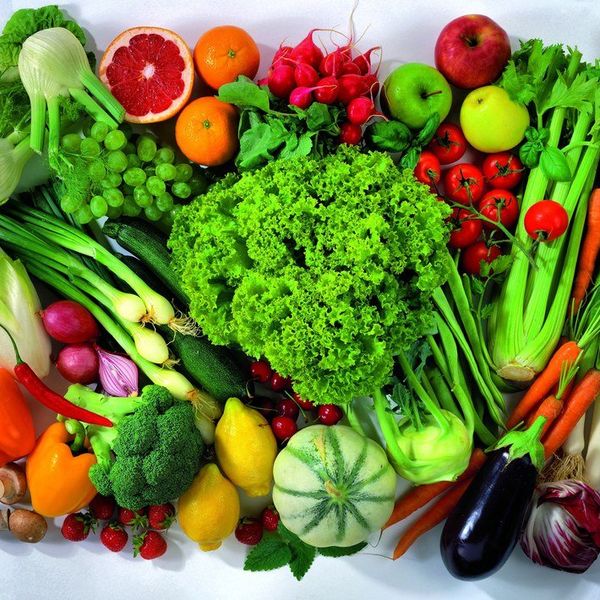Humanity's meat consumption worldwide is 20 billion chickens, 1.5 billion cows, over a billion sheep, and a billion pigs. The worldwide rate of vegetarianism is relatively low. For America and Canada, the rate is only 4 – 5%, with India having 30%. Without these vast herds of animals, we would free up 10.4 million square miles of land. That is almost the equivalent of the continent of Africa that would be freed up.
This land is only the land that has been used for animals only, not even counting the crops that are made for animal feed, although, with all of these animals go, most of this land would turn into desert. This is because the land is too dry for crops to grow on that land. This land, if managed correctly, could return to forests and start counteracting our current environmental crisis. The trees that would be replaced by the methane-producing livestock would counteract the carbon dioxide in the environment. The lack of trees is the main reason why carbon dioxide levels are going up and is also the reason for the increase in livestock, although livestock makes methane, which is 25% more planet-warming power than carbon dioxide. Some researchers believe that reducing meat consumption would be a good strategy for fending off our environmental problems.
Livestock is responsible for 15% of greenhouse gas emissions. We would also greatly reduce our consumption of water. Around 70% of our freshwater is used in agriculture. It takes 15,000 liters of water to make a kilogram of beef. Compare this with only 900 liters used in fruit crops (although meat does carry more calories than non-meat products). For example, a kilogram of beef is five times more water-intensive than a kilogram of fruit, vegetables are seven times more intensive, and cereal crops are 20 times more intensive.
However, there are some downsides to a worldwide vegetarian diet. The downside would be a more expensive animal product like leather and animal fats which are used in candles, detergents, and cosmetics. Though there are alternatives for animal products in these certain items, this would just mean less free land and more farmland for those alternative crops. Another problem would be the loss of jobs. Millions and millions of people have full-time jobs managing livestock. Most of these people are small-scale farmers living in the developing world, but they could switch to dairy products or eggs. However, this would still mean that many individuals' way of living would become non-existent.
Vegetarianism could not be done overnight. It would be a slow transition from a meat-eating world to a world of vegetables. There is a sad truth that this would be getting harder and harder to pull off. In India and China, people are getting richer, which means they can afford the cost of meat, thus meaning fewer people becoming vegetarian and there are more meat eaters in this world.





















